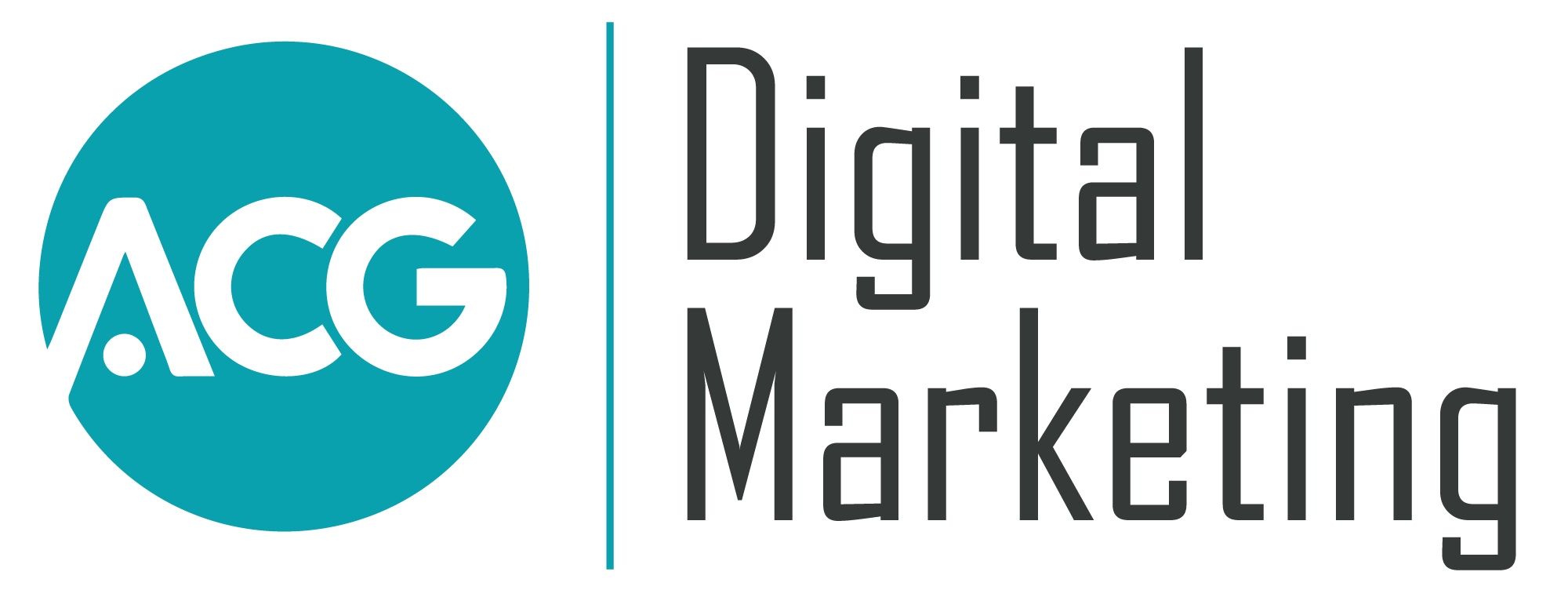Health and wellness blogs have experienced explosive growth online over recent years. People use search engines daily for advice regarding physical fitness, mental well-being, nutrition, and supplements, yet Google struggles to rank all this content efficiently within search results. E-E-A-T plays an invaluable role in optimizing content that could impact someone’s well-being through SEO strategies.
Experience, Expertise, Authoritativeness, and Trustworthiness (E-E-A-T) are not direct ranking factors but have an enormous effect on how Google evaluates content quality. Understanding and applying E-E-A-T principles could make or break your visibility as a blogger in the health and wellness fields.
Trustworthiness Of Wellness Content
Google considers health-related content “Your Money or Your Life,” meaning it directly affects users’ health, happiness, and safety. As such, wellness blogs must uphold strict standards to guarantee users receive accurate advice that meets these criteria, such as managing stress effectively while selecting supplements appropriate to peak performance or finding new fitness routines.
Trust and authority in content production are now more crucial than ever; readers expect proof that their author knows their stuff while showing genuine care for their well-being. Mirra Healthcare states that health content must be accurate, supported by credible sources, and placed at the top of search results, as this directly influences its trustworthiness and ranking.
Experience And Expertise: Show What You Know
For instance, sharing personal mindfulness techniques that helped relieve anxiety would qualify as experience; conversely, a licensed dietician writing about healthy food options could qualify as expertise. Both experience and expertise contribute immensely valuable aspects to any blog’s E-E-A-T value; according to Siege Media’s estimates, Google awards SEO value to content written by authors who possess firsthand knowledge of subjects as an indicator for search rankings.
Google Considers Authority As Social Proof
According to Google’s definition, authority lies not with how much we claim for ourselves but with how others see us. Does renowned content link back to you, and is it being discussed outside your website via forums and podcasts websites like reddit and quora? Such indicators show Google that people trust what is on offer beyond simply visiting one domain website – in health-related topics alone, approximately 61% link back to authoritative sources, according to Semrush data.
Trustworthiness Is The Cornerstone Of It All
At E-E-A-T, trust is at the center. No matter how experienced or educated your blog writers may be, if readers do not feel safe reading your content, they will leave quickly, which sends negative signals back to Google that can damage search rankings; according to Digivate research, 40% of website users abandon sites lacking trust signals!
What steps can be taken online to build trust? Start by being transparent. Make sure your website includes an “About” page, clear contact info and privacy policies, and a secure (HTTPS) connection. When discussing treatments or supplements, be sure to include disclaimers citing relevant studies while remaining professional yet objective when discussing sensitive health topics.
Conclusion
Your reputation in the health and wellness niche matters greatly; from personal fitness journeys, herbal remedies, or nutrition science information sharing, how your content is presented matters just as much as what’s said within. Google prioritizes quality, credibility, and safety – thus, blogs that embrace these three traits have far higher odds of ranking well on search engine searches.
So, if you want your health and wellness guest posts to rank highly in search results, prioritize helping and educating readers rather than keywords and backlinks alone – Google will take notice, as will your audience!
FAQs
Q1. What Does E.E.A.T Mean In SEO?
E-E-A-T stands for Experience, Expertise, Authoritativeness, and Trustworthiness—four criteria used by Google to measure the quality of content related to health and wellness topics.
Q2: Why Is Trust Essential In Health And Wellness Blogs?
Trust is crucial because health-related content can directly affect user wellness. Google prioritizes websites that offer accurate, trustworthy information that ensures users’ safety and satisfaction.
Q3: How Can We Demonstrate My Expertise On My Health Blog?
To demonstrate expertise on your blog, provide well-researched articles citing credible medical sources and personal or professional experience relevant to the subject at hand. Involving industry professionals as co-bloggers is also beneficial and should increase perceived authority levels significantly.
Q4: Can Local SEO Improve My Health Blog’s Visibility?
Local SEO can increase visibility for health blogs by appearing in relevant local searches. By optimizing for local keywords and including location-specific info in their Google My Business profiles, they can boost local audiences who search their content regularly.





